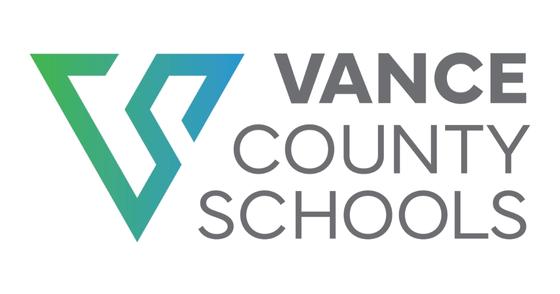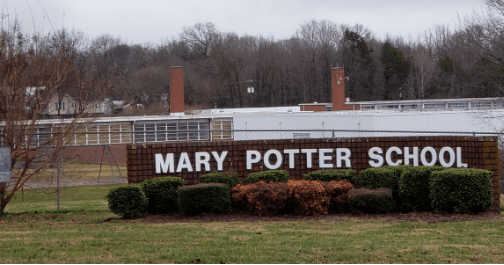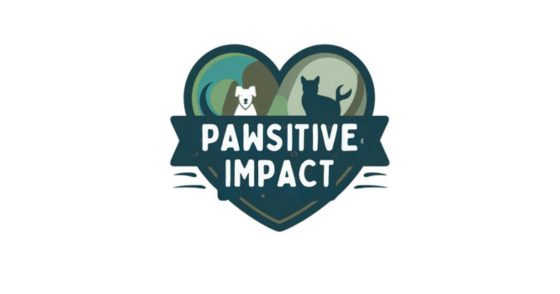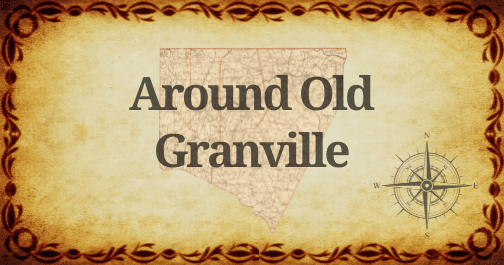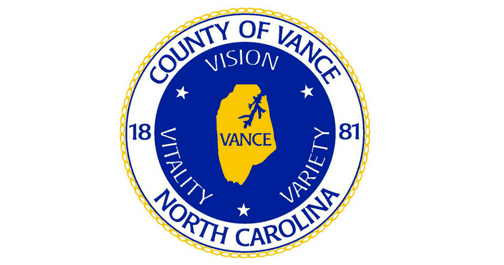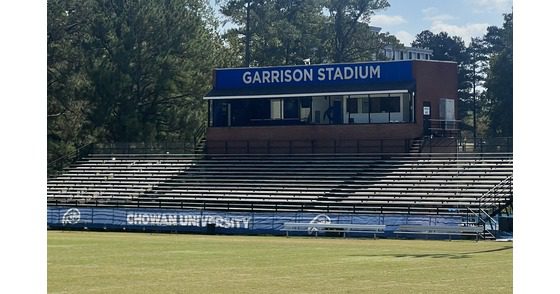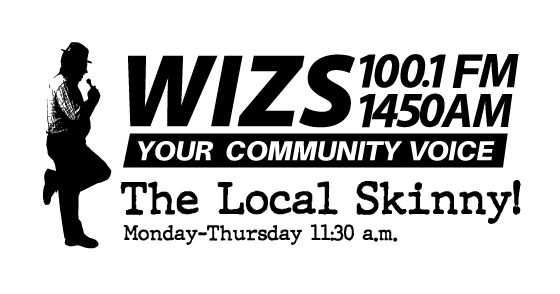100.1 FM ~ 1450 AM ~ WIZS, Your Community Voice ~ Click to LISTEN LOCAL
The Vance County Board of Adjustment will hold a public hearing on Thursday, September 10, 2020, in regards to a request by K&K Organics, LLC for a Land Clearing and Inert Debris Landfill (LCID) in Kittrell. The proposed landfill location includes 79+ acres at the intersection of US Hwy 1 and Egypt Mountain Road.
The meeting, a continuation from August 13, will be held at 4 p.m. in the Board of Commissioner’s Meeting Room of the Vance County Administration Building, 122 Young Street, Henderson. Proceedings will include comments from planning staff, the applicant, witnesses and opponents.
Vance County Manager Jordan McMillen said LCIDs generally accept concrete, non-painted brick, block, uncontaminated soil, gravel, rock, land clearing waste and vegetative materials. Items not accepted include construction debris, solid waste or trash. LCIDs are governed by state regulations and require a zoning permit or a conditional use permit to operate in Vance County.
Jillian Howell, master of environmental management and Pamlico-Tar Riverkeeper with Sound Rivers, Inc., was on WIZS’ Town Talk Wednesday to discuss her involvement in the case.
Sound Rivers, Inc. is an environmental non-profit agency dedicated to protecting, monitoring and preserving the Tar, Pamlico and Neuse River basins. Howell explained that her focus is addressing any source of pollution that could negatively impact water quality in the Tar and Pamlico, as well as the smaller creeks and streams that feed into those rivers.
“I received a call in early August from adjacent landowners [to the proposed landfill]. They had received letters in the mail about a Board of Adjustment hearing concerning a proposed landfill next to them,” said Howell. “While there are only a handful of property owners adjacent to the proposed landfill, there are more residents close by on Egypt Mountain Road. The requirements are they only have to notify the adjacent landowners of these proceedings.”
Howell said residents in the nearby vicinity have expressed concerns related to increased traffic, decreased property values and potential negative impacts on water quality.
“My biggest concern is there is a proposed landfill on the same property where a stream runs: Long Creek. It has associated wetlands and flood plains and runs north to south through the proposed landfill site,” explained Howell.
While not considered as dangerous to the environment or public health as a hazardous waste or municipal solid waste landfill, LCIDs can present an issue with erosion and sediment runoff, according to Howell. In this case, Howell said she is concerned runoff from land cleared to create the landfill and from land debris brought to the landfill would negatively affect Long Creek and the adjoining Tabbs Creek.
Attorney Tom Terrell, legal representative for K&K Organics, LLC, also joined the Town Talk discussion. Involved in more than 40 landfill cases in his career, Terrell said he is well aware of the stigma of the facilities.
“The word ‘landfill’ evokes a very quick emotional response from people. They immediately think of old-style landfills – pre-regulated landfills that were mountains of soup cans, dirty diapers and pizza boxes. They don’t exist anymore; they haven’t existed for 40 years,” said Terrell.
Looking at the proposed area, Terrell said the landfill would fit in with its surroundings. “If you look on the aerial, within a stone’s throw of this facility is a rock quarry, and a transmission line goes through the site. It’s adjacent to US-1 and literally abuts a junkyard. This is a sparsely populated area, and it’s an ideal location being right there on the highway.”
Although 79+ acres are indicated on the permit, Terrell said the maximum area of disposal would be closer to 40 acres. “Once you start going through permitting, that only shrinks; it does not grow. In fact, it cannot grow because we define the outer limits in the conditional use application. It would probably be shrunk down to one-third of the site, and then it would be filled in over decades, not over a period of months.”
Addressing environmental and public health concerns, Terrell said the State of NC heavily regulates all such facilities to include extensive environmental review, erosion and sediment control plans and required buffers.
“If you want to grow [as a community], you have to have a place to put land clearing and inert debris,” said Terrell. “You do it responsibly and in a place that makes sense. Everybody wants you to find a place that is two miles from anyone’s residence. The fact is, those places don’t exist. So, you have to find the best place you can, and K&K Organics, Inc. has found one of the best I’ve ever seen.”
To hear the interview in its entirety, go to WIZS.com and click on Town Talk.


